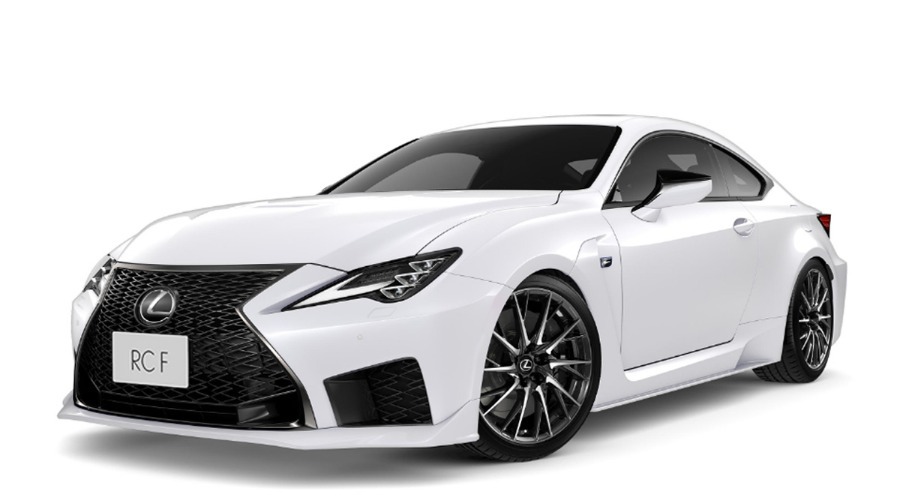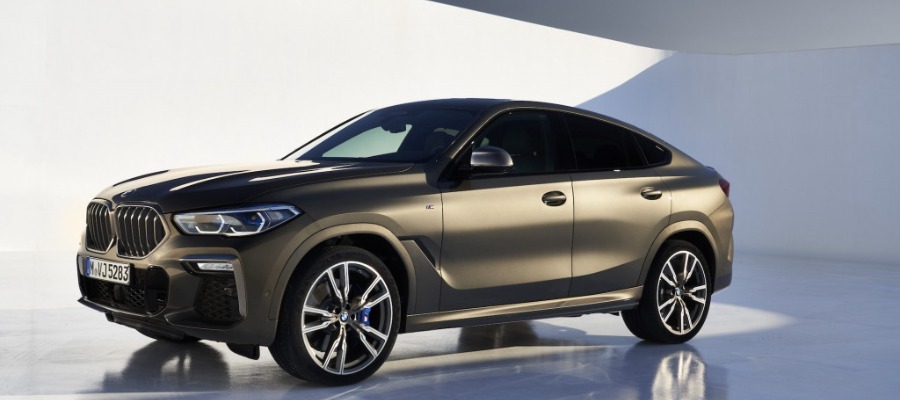
When it comes to owning a Volkswagen, it’s not just about enjoying German engineering, smooth rides, and iconic designs. There’s another part of car ownership that’s just as crucial – insurance. Whether you’re a die-hard Golf GTI fan or a practical Tiguan owner, understanding how Volkswagen insurance costs are calculated and how to minimize them can save you thousands of dollars.
Think about it: Two drivers, same car, vastly different premiums. Why? The world of car insurance is as layered as an onion, and without peeling back the layers, you’re leaving money on the table.
This guide isn’t just another dull breakdown of averages and numbers. I’m giving you the real story – the why, the how, and what you can do to pay less without sacrificing coverage. Ready? Let’s dive in.
How Much Does It Cost to Insure a Volkswagen?

Volkswagen has something for everyone: practical SUVs, sporty hatchbacks, and dependable sedans. Insurance costs for these vehicles reflect their diverse nature. Here’s what you need to know about average premiums for popular Volkswagen models:
Volkswagen Tiguan: $1,692/year
The Tiguan is where practicality meets affordability. It’s a family-friendly SUV that insurers view as low-risk. Why? It’s reliable, safe, and not likely to be wrapped around a tree by a reckless driver. If you’re budget-conscious, the Tiguan is your golden ticket.
Volkswagen Taos: $1,752/year
The Taos may be newer to the game, but it’s quickly becoming a favorite. It’s compact, tech-forward, and checks all the boxes for small SUV lovers. Insurance premiums reflect its balanced profile: modern but not flashy, practical but not boring.
Volkswagen Atlas: $1,812/year
Need more space? The Atlas delivers. It’s bigger, bolder, and ideal for families. However, more car often means more premium. Larger vehicles typically have higher repair costs, but the Atlas keeps it reasonable thanks to Volkswagen’s emphasis on safety.
Volkswagen Jetta: $2,068/year
The Jetta is a staple sedan – dependable, stylish, and perfect for commuters. Its insurance costs are mid-range for Volkswagen models, reflecting its solid reputation. Just don’t confuse “sensible sedan” with boring.
Volkswagen Golf: $2,256/year
The Golf is the exception to the “Volkswagens are affordable to insure” rule. Why? It’s sporty, fun, and often driven by enthusiasts who like to push the pedal to the floor. Add higher repair costs, and you’ve got an insurance premium that climbs higher than the Atlas’ third row.
Takeaway: The Tiguan and Taos are the most budget-friendly options, while the Golf and Jetta lean pricier. But why does it vary so much? Let’s talk about the factors insurers obsess over.
Why Do Volkswagen Insurance Costs Vary So Much?
Insurance premiums aren’t just pulled out of thin air. They’re calculated based on data, risk assessments, and complex algorithms that look at you, your car, and the world you live in. Here’s what drives the cost:
1. Your Age: The Young Pay More
If you’re under 25, buckle up – your premiums will be steep. Why? Statistically, younger drivers are riskier. Consider this:
- An 18-year-old might pay $7,000+ per year for the same Volkswagen a 40-year-old pays $2,283 to insure.
- As you get older and prove you’re not a crash magnet, rates stabilize.
2. Your Driving Record: Tickets and Accidents Hurt
Clean driving record? Congratulations, you’re every insurer’s dream client. On the flip side:
- Accidents and speeding tickets can jack up premiums by 20% or more.
- Got a DUI? Prepare for sky-high rates.
3. Your Credit Score: Financial Health Matters
Surprised? In most states, insurers use credit scores to predict risk. Higher credit score = lower insurance rates. A poor credit score could mean you’re paying hundreds more annually.
4. Where You Live: City or Suburb?
Location is everything:
- Urban areas mean more traffic, more accidents, and more theft. That’s bad news for your premium.
- Rural areas? Less risk, lower costs. Simple.
5. The Car Itself: Safety Features, Performance, and Repairs
Volkswagens have a reputation for safety, but insurers also look at:
- Repair Costs: A Golf GTI costs more to fix than a Tiguan.
- Safety Ratings: Features like lane assist and collision prevention can earn discounts.
- Performance: Sports cars (like certain Golf trims) equal higher risk.
Bottom Line: Everything about you – your age, habits, finances, and car – is on the table when insurers calculate premiums. But here’s the good news: You’re not powerless.
Ready to get started?
We’ve got you covered.
How to Slash Your Volkswagen Insurance Costs
Who doesn’t want to pay less for insurance? Here are five strategies to keep your premiums in check:
1. Be a Safe Driver
Seriously, this is the easiest way to save money. Avoid speeding tickets and accidents, and your insurer will reward you with lower rates. Some companies even offer safe driver discounts or apps to monitor driving habits for extra savings.
2. Improve Your Credit Score
Work on your financial health. Pay bills on time, reduce credit card debt, and keep your credit utilization low. The result? Not only will insurers charge you less, but you’ll improve your overall financial future.
3. Compare Quotes Regularly
Loyalty is great – unless it’s costing you money. The insurance market is competitive, and rates can fluctuate. Spend 20 minutes comparing quotes every year. You might save hundreds.
4. Choose the Right Car
If insurance costs are a dealbreaker, opt for models like the Tiguan or Taos. Steer clear of high-performance trims (we’re looking at you, Golf GTI).
5. Leverage Discounts
Ask your insurer about these common discounts:
- Multi-policy (home + auto)
- Safe driver
- Vehicle safety features
- Alumni or professional affiliations
Insurers aren’t going to hand you savings. Ask. Negotiate. Save.
The Bigger Picture: Volkswagen vs. Other Brands
Here’s a pleasant surprise: Volkswagen’s average insurance cost of $1,908/year is below the national average of $1,988/year. This makes Volkswagen a smart choice for budget-conscious drivers who still want a vehicle that’s reliable, stylish, and fun to drive.
Final Thoughts
Owning a Volkswagen doesn’t mean you need to overpay for insurance. Yes, premiums vary based on your age, driving record, and even where you live, but you’re in control of many of these factors.
- Drive safe.
- Keep your credit score in check.
- Compare quotes.
- Choose your Volkswagen model wisely.
The result? Affordable premiums without sacrificing coverage. At the end of the day, insurance is about balance: protecting yourself, your car, and your wallet. And with Volkswagen, you’ve already got a head start.
Don’t let insurance costs stress you out. Instead, use this guide as your roadmap to savings, and drive your Volkswagen with confidence.












